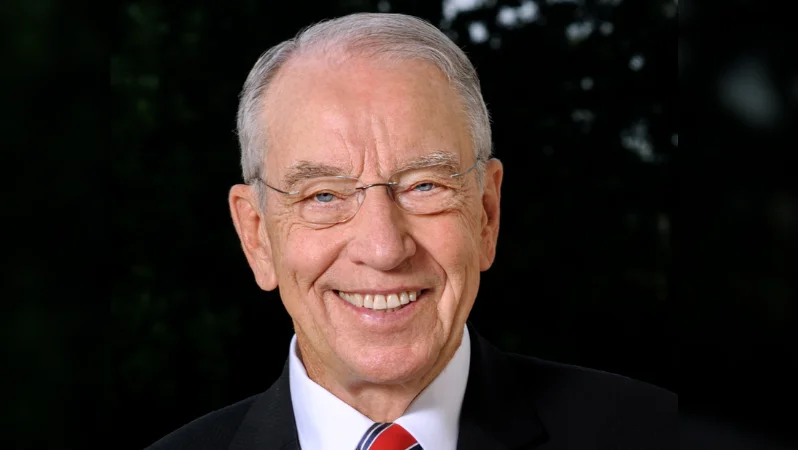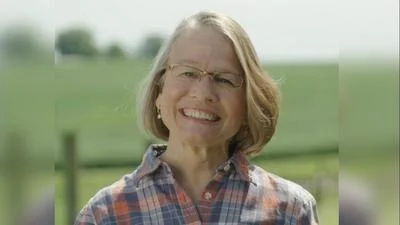Chuck Grassley - Ranking Member of the Budget committee | https://www.budget.senate.gov
Chuck Grassley - Ranking Member of the Budget committee | https://www.budget.senate.gov
At the request of Ranking Member Chuck Grassley (R-Iowa), the Senate Budget Committee hosted Phillip Swagel, director of the nonpartisan Congressional Budget Office (CBO), to testify on the 10-year budget and economic outlook. This marks the first testimony from a CBO Director before the committee since the 116th Congress.
Grassley has criticized Democrat committee leaders for focusing predominantly on climate change and reproductive issues, arguing that these priorities have overshadowed crucial fiscal responsibilities. He emphasized that the nation is at a critical fiscal juncture and called for a return to addressing economic policy and drafting a sound budget.
In his opening statement, Grassley expressed gratitude for Swagel's appearance, stating: "It’s been nearly four years since the CBO Director last testified before the Senate Budget Committee on the nation’s budget outlook. That’s far too long for what’s traditionally been a routine occurrence in the Budget Committee — particularly given the budget hole we’ve dug ourselves into."
Referencing Federal Reserve Chairman Powell's earlier remarks, Grassley noted it was "past time to get back to an adult conversation among elected officials about getting the federal government back on a sustainable fiscal path." He acknowledged that Swagel would likely present unwelcome truths but stressed this was necessary for serious discussions about fiscal responsibility.
Grassley criticized President Biden's approach to fiscal policy, highlighting that Biden had resisted spending restraints included in last year's Fiscal Responsibility Act. He pointed out that national debt is projected to exceed $35 trillion soon, with next year's interest payments surpassing $1 trillion. Without bipartisan action, Social Security faces significant funding shortfalls within a decade.
The CBO has long warned Congress about potential fiscal crises due to increasing mandatory spending. Grassley underscored that rising debt could lead to higher interest rates, lower incomes, greater inflation, and possibly a full-blown fiscal crisis if no action is taken.
He advocated for robust discussions on revenues and spending while reiterating his stance against high tax rates as ineffective revenue-raising measures. Instead, he suggested tax reforms should incentivize work, savings, and investment.
Grassley also called attention to Washington's excessive spending habits: "Whereas revenues are in line with historical levels, federal spending relative to the size of our economy is at heights previously reserved for wars and recessions – and still growing." He warned that record spending is driving unprecedented debt and deficits.
The senator concluded by urging bipartisan efforts towards common fiscal goals: "We must find common fiscal goals that can serve as a catalyst for bipartisan action." He proposed setting limits on debt-to-GDP ratios as one such goal.
This hearing coincides with the 50th anniversary of the Congressional Budget Act which established both CBO and the Budget Committee. Grassley suggested updating this act to reflect contemporary challenges in federal budgeting.




 Alerts Sign-up
Alerts Sign-up